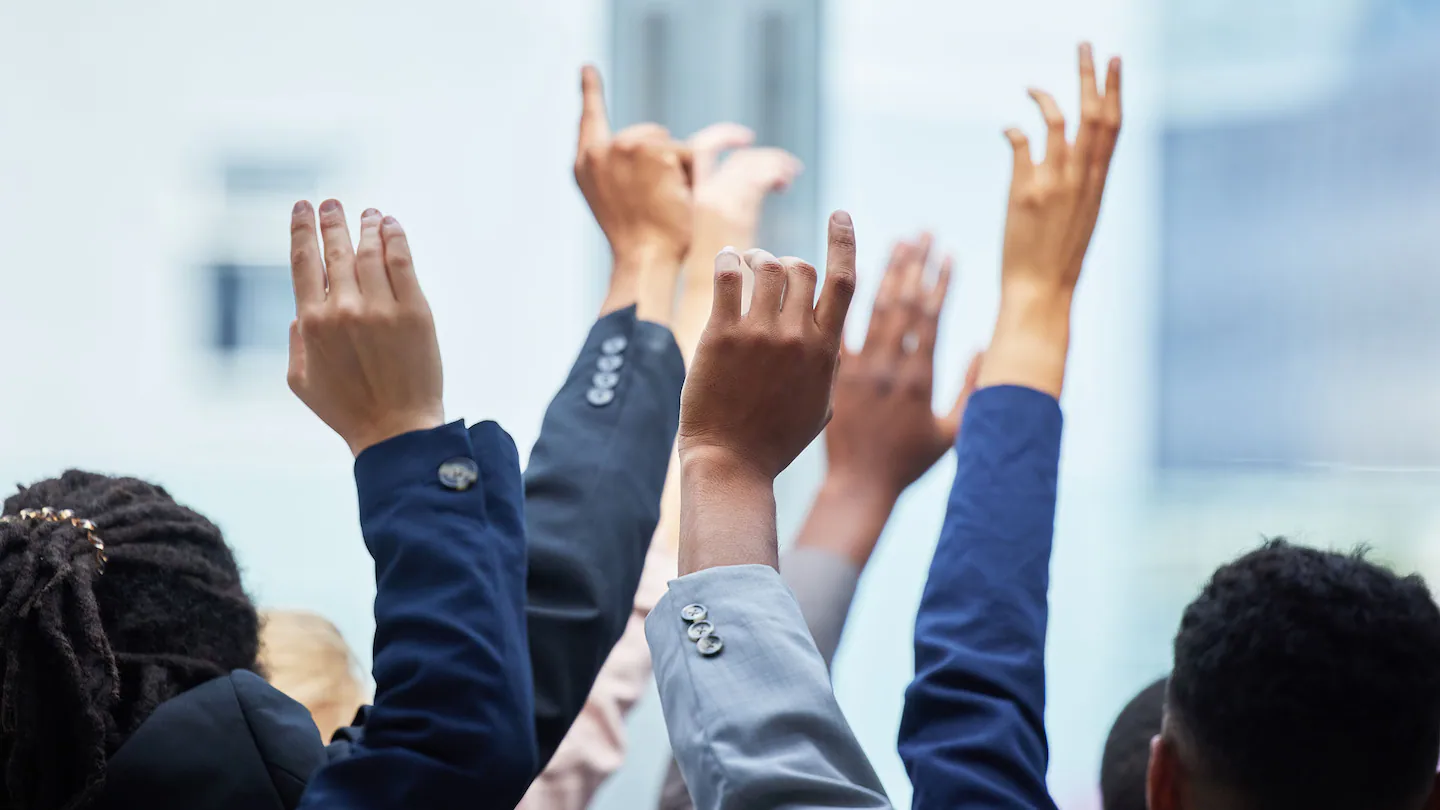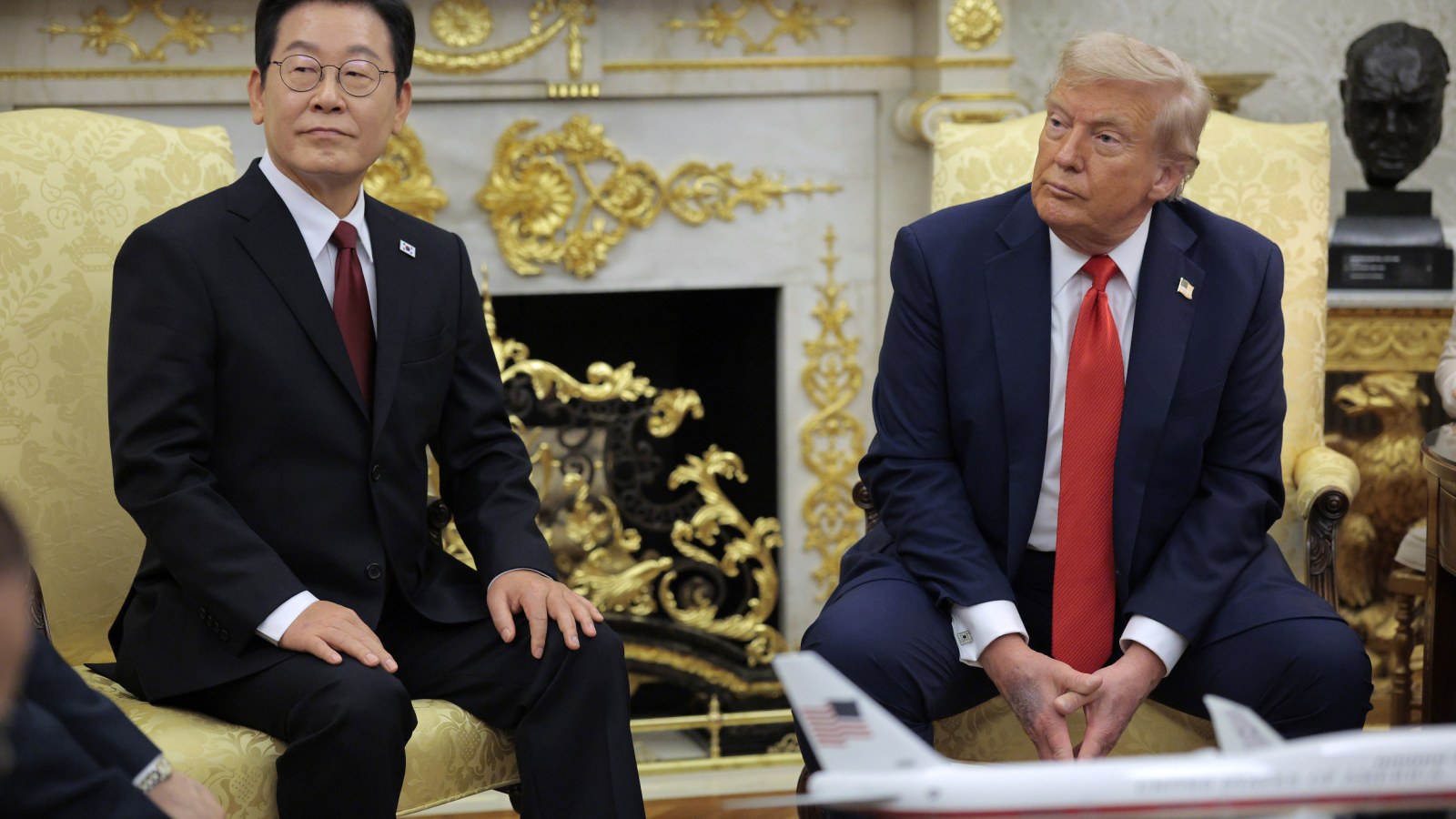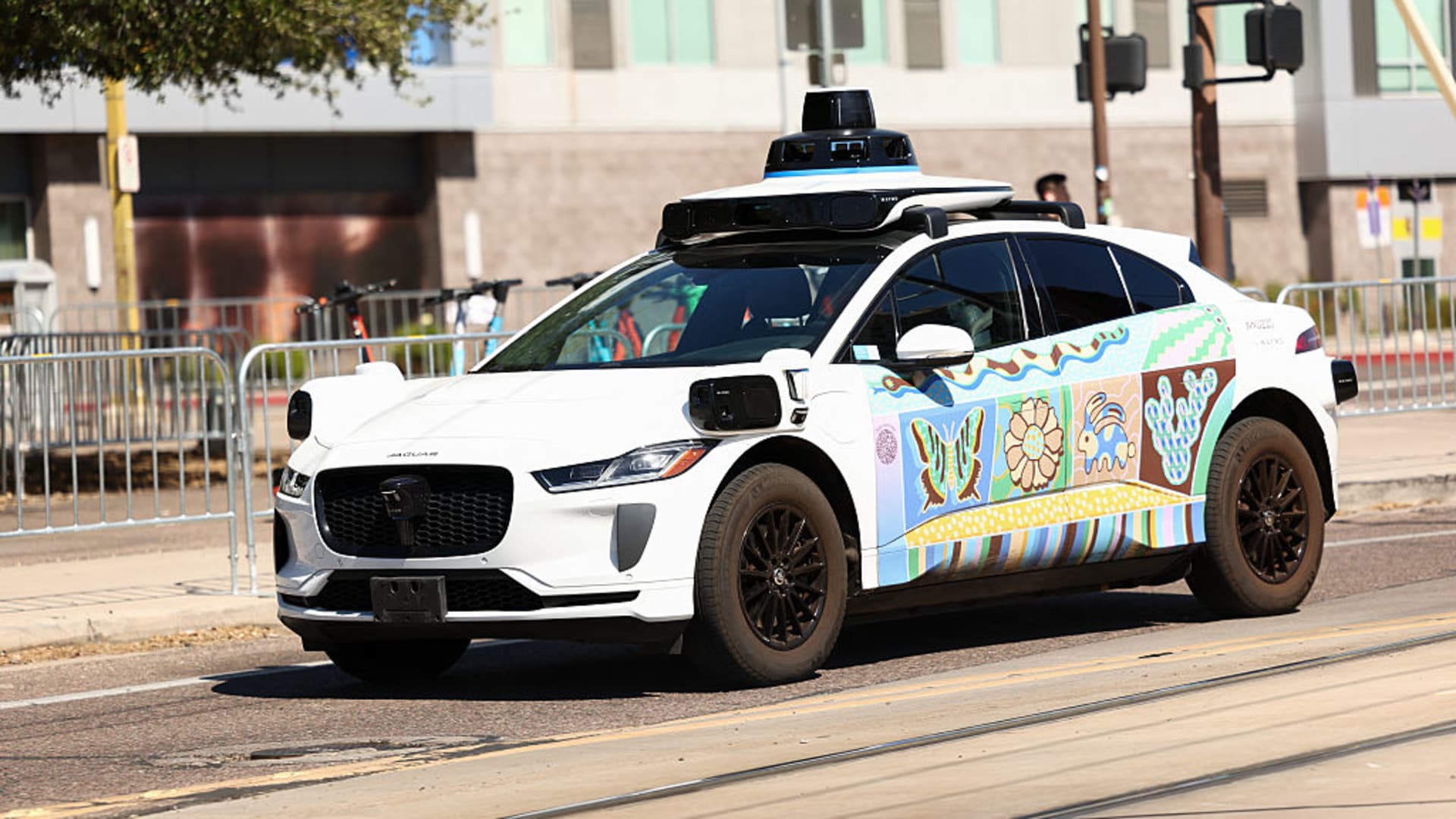
There, you could say, I caught the bug.
This summer, I found myself walking through the State House doors for my first day of orientation in the office of Governor Maura Healey. After a brief tour of the building and introduction to my fellow interns, I got a laptop and a small cubicle in the corner of a ground-floor office.
Much of my working hours were spent reviewing reports that ranged from firearm deaths to forensic testing labs. I researched and wrote memos on issues I had never heard of, like single-staircase buildings and debt-based driver’s license suspensions. One morning, after submitting an assignment on ride-share safety, I read a New York Times story on Uber’s alarming sexual assault rate. The work wasn’t glamorous, but it felt important.
As I quickly learned, working in government forces you to stay tuned in to the news. Each morning, we received a briefing highlighting state news and mentions of Healey in the media. The first 15 minutes on my laptop were spent perusing headlines and reading articles, focusing on current events and public perception. You can’t afford to look away from the tough topics, especially when they’re driving your daily agenda.
This work broadened my perspectives. However, it was beyond the small space of my cubicle where I undoubtedly learned the most.
In the State House, I watched parents plead their cases at public hearings, hoping to get their driver’s licenses returned so that they could take their kids to school. I listened to nonprofit leaders ask for funding that we no longer had. I saw METCO students ask what plans we had to maintain their programs in increasingly tumultuous times. But I also saw excited colleagues grasp hands with the newest state representative at her swearing in. I listened to the CEO of the American Red Cross of Massachusetts discuss the organization’s growth over the past year. I realized that I was part of a small team that coordinated with hundreds, shouldering a workload that could affect the lives and livelihoods of many.
In short, I learned that government is not a faceless, bureaucratic machine. It’s ordinary people working incredibly hard to do a little bit of good.
I also learned that sometimes there is no good solution. Sometimes, the best you can do is simply have another conversation, acknowledge a problem, or grieve, together. I learned that governing is about relationships, not just laws. It’s about building trust, keeping people informed, and asking the right questions. A conversation can lead to a memo, which can lead to policy, which can shape lives.
One of the most exciting parts of my internship was the opportunity to hear Healey speak at a “chiefs meeting,” a gathering of the chiefs of staff from each secretariat. She acknowledged the tough times ahead and thanked each department for their hard work. But most of all, she asked for trust. She asked for communication. And what I took away was that it is only by speaking to one another that we can keep the faith as things seem dark. If you want to go fast, go alone, but if you want to go far, go together.
I’m now considering a career in business or economics research. But the lessons learned in public service will be invaluable. Public service isn’t just a job, it’s a way of thinking, listening, and participating.
According to the Partnership for Public Service, 67 percent of young Americans (ages 18 to 34) believe that a federal career offers the opportunity to make a positive impact on their communities, but only 21 percent have ever considered federal work. Only 7 percent have actually applied.
Part of this is perception. Government work is seen as slow and unglamorous. But it’s also where urgent, meaningful decisions get made. It’s where I saw compromise in action. Where I saw people make mistakes, pivot, and learn. Where I understood that between opposing sides, there is often common ground.
Growing up, I had the privilege of volunteering alongside the late David Gergen at the Pine Street Inn on countless Christmas Days. I echo his call for the next generation, my generation, to take on the responsibility of contributing to our country. To carve out a space in public service, if only for a little while.
This fall I’ll be part of a research team investigating the effectiveness of technology laws on adolescent well-being through Georgetown University’s Happy Tech Lab. I’ll be sitting on the other side of the table as we meet with policy makers across the country. But I’ll know what it’s like to be in their seats and will do better work because of it.
Ultimately, public service is exactly that: serving people. It’s about people striving, often imperfectly, to do good together.
And if more young people took part, even for just a short time, we would be all the better for it.



